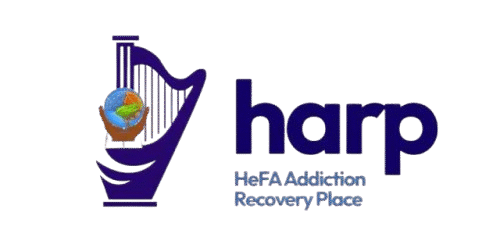To help people who suffer from addictions to alcohol, prescription medications, or other substances break the bonds of addiction and find hope and encouragement through the HeFA model of recovery, clinical care, psychotherapy, structured discipline, and development of skills necessary to achieve a life of lasting sobriety.
🎯
🎯
Mission Statement
HeFA Recovery Model
Comprehensive • Clinical • Compassionate
Comprehensive • Clinical • Compassionate
🔭
🔭
Vision
To be a center of excellence in the provision of high-quality, innovative recovery programs for individuals to break the bonds from the devastating effects of drug addiction through research and evidence-based practice.
💎
💎
Our Core Values
🚀 Commitment to Innovation and Excellence
We are committed to continuous improvement by seizing opportunities to exceed expectations and achieve innovative outcomes.
👔 Professionalism
We take personal responsibility for ensuring the highest standards of professional conduct with each other and with our clients.
🌍 Diversity & Respect
We celebrate the unique differences of all individuals and recognize their unwavering right to respect, dignity, fairness, and equality.
💪 Enduring
We never give up and work hard to find a solution. We are passionate and always go the extra mile for our clients, colleagues, and partners.
🧘 Holistic
We treat the whole person: mind, body, and soul to achieve a healthy recovery. We recognize that one size does not fit all and there is no "right" answer to achieve recovery. We are committed to involving and supporting the "whole family" in our work.
📚
📚
Our Philosophy
Our treatment philosophy is based upon the principles of Alcoholics Anonymous and the HeFA recovery model.
We believe that addiction is a brain disease, progressive in nature and terminal if left untreated. We know that we have solutions and that any client who follows our treatment plan will begin to heal.
🌅 As long as an alcoholic or addict is alive, there is hope for recovery 🌅
🔑 Key Elements of Recovery
- Breaking through denial through motivational enhancement therapy, education, encouragement, and the examples of others in recovery
- Achieving abstinence in a controlled environment with a structured schedule
- Recovering physically through a program of healthy nutrition, reasonable physical exercise, and an appropriate amount of rest
- Developing living skills through AA/NA meetings, group psychotherapy, individual counseling, peer education, and role modeling necessary to achieve lasting sobriety. These skills include managing interpersonal relationships, engaging in conflict resolution, and exercising personal discipline
🌟 We Believe
That people are unique individuals who are deserving of respect, dignity, care, compassion, and excellent service.
In an unwavering commitment to excellence in our work.
That the environment is the internal and external world as perceived and experienced by the person. All aspects of the health care environment must support the perception of well-being for all people who enter into it.
That health is the sense of well-being as perceived by the person.
